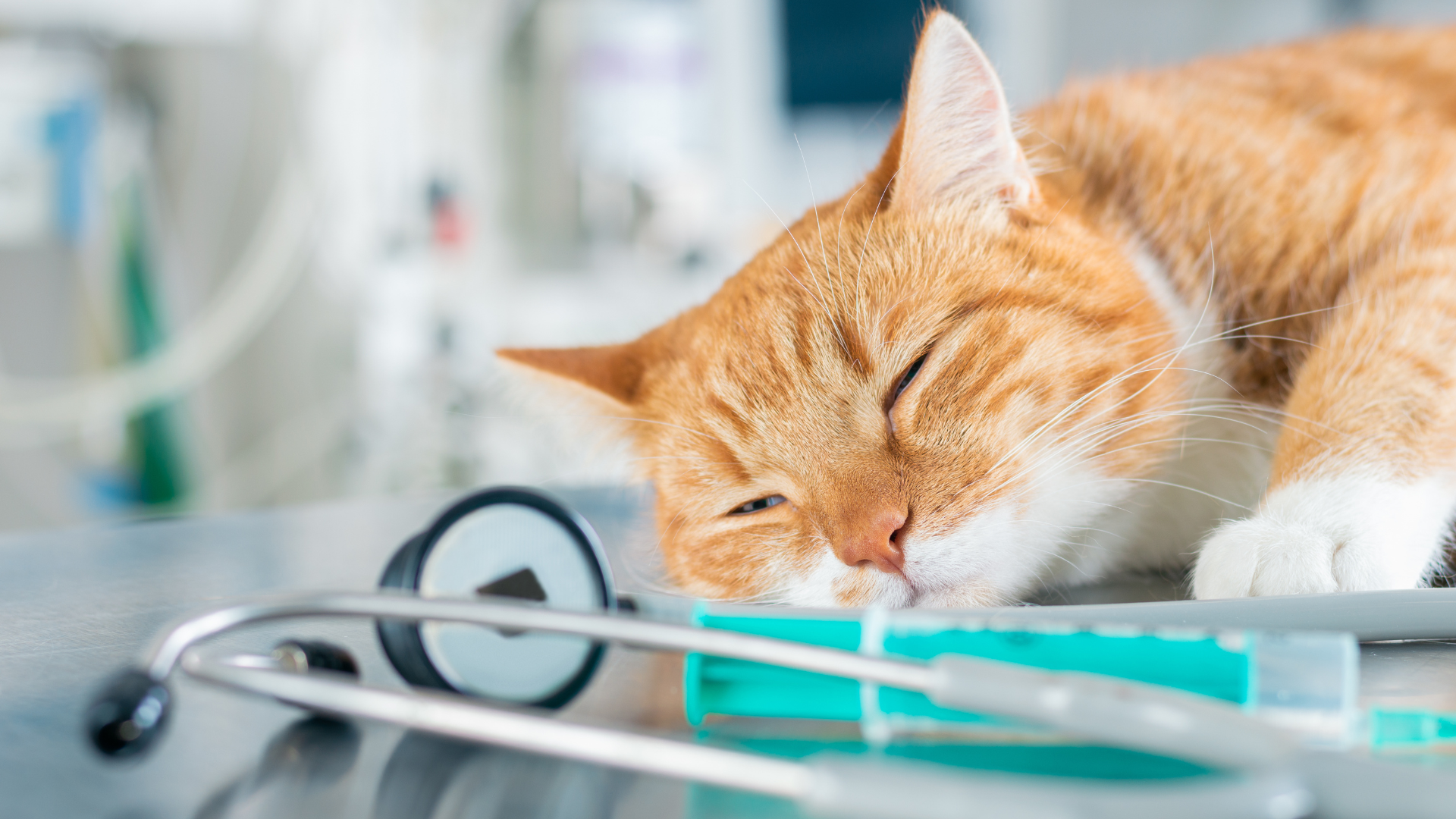
In the dynamic world of veterinary medicine, excellence in animal health is driven not only by innovative treatments and state-of-the-art facilities but also by the diverse minds that make up our teams. It is estimated that around one in seven people in the UK (approximately 15% of the population) are neurodivergent, suggesting that many of us already work alongside colleagues who bring unique cognitive perspectives to our practices.
What is neurodiversity?
Neurodiversity refers to the array of differences in individual brain functions and behavioural traits. It encompasses a variety of cognitive styles and neurological conditions, including autism, dyslexia, dyspraxia, dysgraphia, ADHD (attention-deficit/hyperactivity disorder), dyscalculia, and Tourette’s syndrome.
Each neurodivergent condition manifests differently in individuals, which is why the term “spectrum” is often used. Recognising this diversity helps us move beyond stereotypes and appreciate the unique contributions of each individual within and outside the workplace.
The benefits of neurodiversity in the workplace
Embracing neurodiversity within your veterinary practice can lead to significant benefits, enhancing your team’s operational and creative capacities. Neurodivergent employees often introduce a variety of skills and attributes that can be incredibly valuable within a practice setting.
#1. Increased creativity and Innovation
Many neurodivergent individuals tend to think “out-of-the-box,” which can drive innovation. This could lead to new approaches in animal care, practice management, or client service.
#2. Enhanced problem-solving capabilities
Neurodivergent individuals often approach problems from unique angles, leading to innovative solutions that may not be apparent to neurotypical thinkers. This diverse approach could be particularly valuable in complex veterinary cases or when developing new treatment protocols.
#3. Increased productivity and consistency in specialised tasks
Many neurodivergent individuals excel in tasks requiring high attention to detail or pattern recognition. This could translate to more accurate record-keeping, data analysis, meticulous lab work, or enhanced ability to spot subtle changes in animal behaviour or health.
#4. Heightened empathy and animal connection
Some neurodivergent individuals report a special affinity with animals, which can be a significant asset in a veterinary setting. This connection may result in improved animal handling and a more nuanced understanding of animal needs.
However, it’s crucial to recognise that many neurodivergent colleagues may conceal their differences due to fear of judgment or discrimination. This phenomenon is sometimes referred to as an “invisible disability” because the traits of neurodiversity may not be outwardly apparent.
Creating a neuro-inclusive veterinary practice
It’s important to note that many neurodivergent conditions are protected under the Equality Act 2010. This means that employers have a legal obligation to provide reasonable accommodations and prevent discrimination. However, creating a neuro-inclusive workplace isn’t just about compliance – it’s about harnessing the full potential of your entire team.
Consider the following steps:
Educate your team – Creating an inclusive environment that values neurodiversity starts with education, increasing understanding and empathy among all staff members and ensuring that all team members feel valued and respected.
Offer tailored support – Collaborate with neurodivergent employees to understand their specific needs and strengths and adjust roles or processes accordingly.
Clear communication – Implement clear, direct communication strategies that benefit everyone, not just neurodivergent team members.
Inclusive recruitment – Review your hiring practices to ensure they don’t inadvertently exclude neurodivergent candidates.
Discover more about neurodiversity and the support that is available
We encourage you to explore the resources provided by the Vet Life Neurodiversity Awareness Campaign: Bridging Understanding, Breaking Barriers.
This initiative, funded by the Zoetis Foundation, offers a wealth of resources, including a comprehensive written resource for the entire veterinary community and blogs featuring the lived experiences of neurodivergent veterinary professionals.
Remember, neurodiversity isn’t just about accommodating differences – it’s about celebrating them. In the diverse ecosystem of a veterinary practice, every mind has its niche, and every perspective adds value. Let’s work together to create workplaces where all types of minds can thrive.
The article was originally posted in The Cube magazine, February 2025 issue. Click here to read the magazine.


